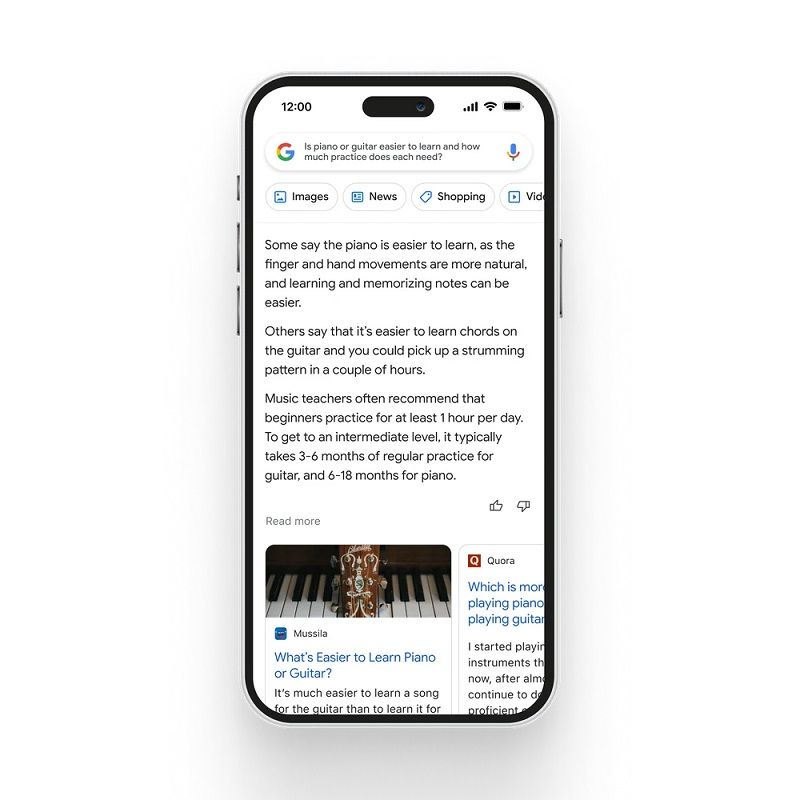Google unveiled its own artificial intelligence (AI) chatbot named Bard on 6 February. Bard is Google’s attempt at taking on ChatGPT – the widely used chatbot developed by Microsoft-backed OpenAI.
Google’s chatbot comes at a time when there is an increased reliance on AI for queries as diverse as generating poems to writing code and producing art.
More about Google Bard and what it aims to do
Open to testers, will be available to public later

Writing in an official blog, Sundar Pichai, CEO of Google and parent company Alphabet, said that Bard will be opened “to trusted testers ahead of making it more widely available to the public in the coming weeks.”
Bard is built on a large language model developed by Google. Known as Language Model for Dialogue Applications (LaMDA), the model was in the news in 2022 when a Google engineer claimed it had gained sentience. The claims were criticised by the AI community.
“Bard seeks to combine the breadth of the world’s knowledge with the power, intelligence and creativity of our large language models,” wrote Pichai, adding, “ It draws on information from the web to provide fresh, high-quality responses.”
The blog also presented an example where Google’s Bard responded to a user’s query on how a nine-year-old can understand the most recent discoveries by NASA’s James Webb Space Telescope.
“We’re releasing it initially with our lightweight model version of LaMDA. This much smaller model requires significantly less computing power, enabling us to scale to more users, allowing for more feedback,” wrote Pichai.
External feedback will be combined with Google’s own internal tests to “make sure Bard’s responses meet a high bar for quality, safety and groundedness in real-world information.”
Why did Google unveil Bard?
According to CNBC, Google’s announcement about Bard follows a recent all-hands meeting where the company’s AI chief, Jeff Dean, told employees that Google is moving “more conservatively than a small startup” because there is much more “reputational risk” in providing wrong information.
Google employees also reportedly raised concerns over the company’s competitive edge in AI in the light of the popularity that ChatGPT garnered in less than two months since its launch on 30 November.
The success of ChatGPT has led experts to speculate that Google’s core business – its search engine – could be under serious threat for the first time in decades.
The New York Times reported in December 2022 that the release of ChatGPT led Google’s management to declare a “code red” primarily for its search business.
Paul Buchheit, one of the creators of Gmail, had in a tweet in December 2022 said, “Google may be only a year or two away from total disruption.”
Buchheit added that Google cannot even fully deploy an AI similar to ChatGPT “without destroying the most valuable part of their business!”
Google may be only a year or two away from total disruption. AI will eliminate the Search Engine Result Page, which is where they make most of their money.
Even if they catch up on AI, they can’t fully deploy it without destroying the most valuable part of their business! https://t.co/jtq25LXdkj
— Paul Buchheit (@paultoo) December 1, 2022
Microsoft’s future plans with OpenAI and ChatGPT
Meanwhile, Microsoft, which has invested into OpenAI on two previous occasions, confirmed in late January that it would be making “a multiyear, multibillion-dollar investment” into the company which is rumoured to be a figure of around USD 10 billion.
Microsoft has also announced that ChatGPT will be incorporated into its Azure OpenAI Service. Some media reports have speculated that Microsoft might also add ChatGPT to its search engine Bing.
(Main image: Solen Feyissa/Unsplash; Featured image: Google)
Manas Sen Gupta
Manas Sen Gupta writes at the intersection of tech, entertainment and history. His works have appeared in publications such as The Statesman, Myanmar Matters, Hindustan Times and News18/ETV. In his spare time, Manas loves studying interactive charts and topographic maps. When not doing either, he prefers reading detective fiction. Spring is his favourite season and he can happily eat a bowl of noodles any time of the day.
Subscribe to our newsletter to get the latest updates.
You’re all set
Thank you for your subscription.

